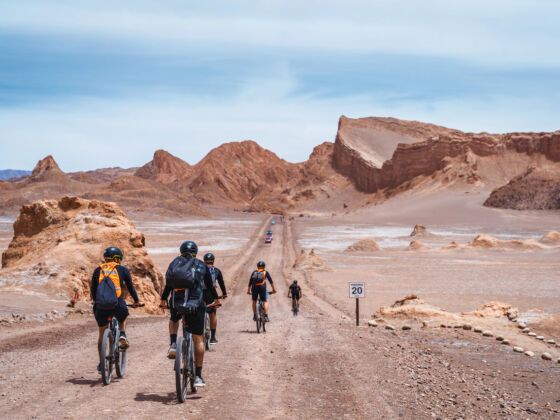This is The Climate Win, the most positive sustainability news around the world every week.
This week, The Climate Win looks at a brand new service that offers travelers truly local experiences. Elsewhere helps you gain insights not available through online searches or via group tours — by connecting you directly to service providers on the ground to help you plan epic, personalized journeys.
